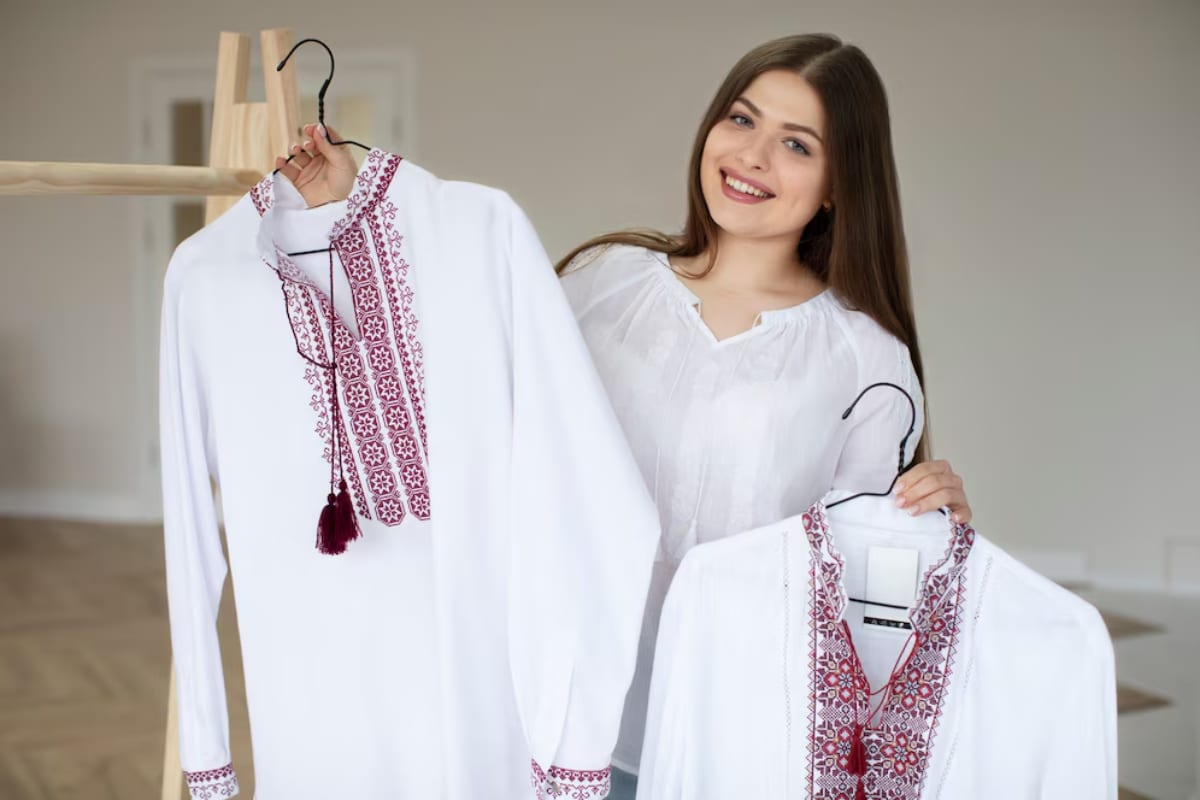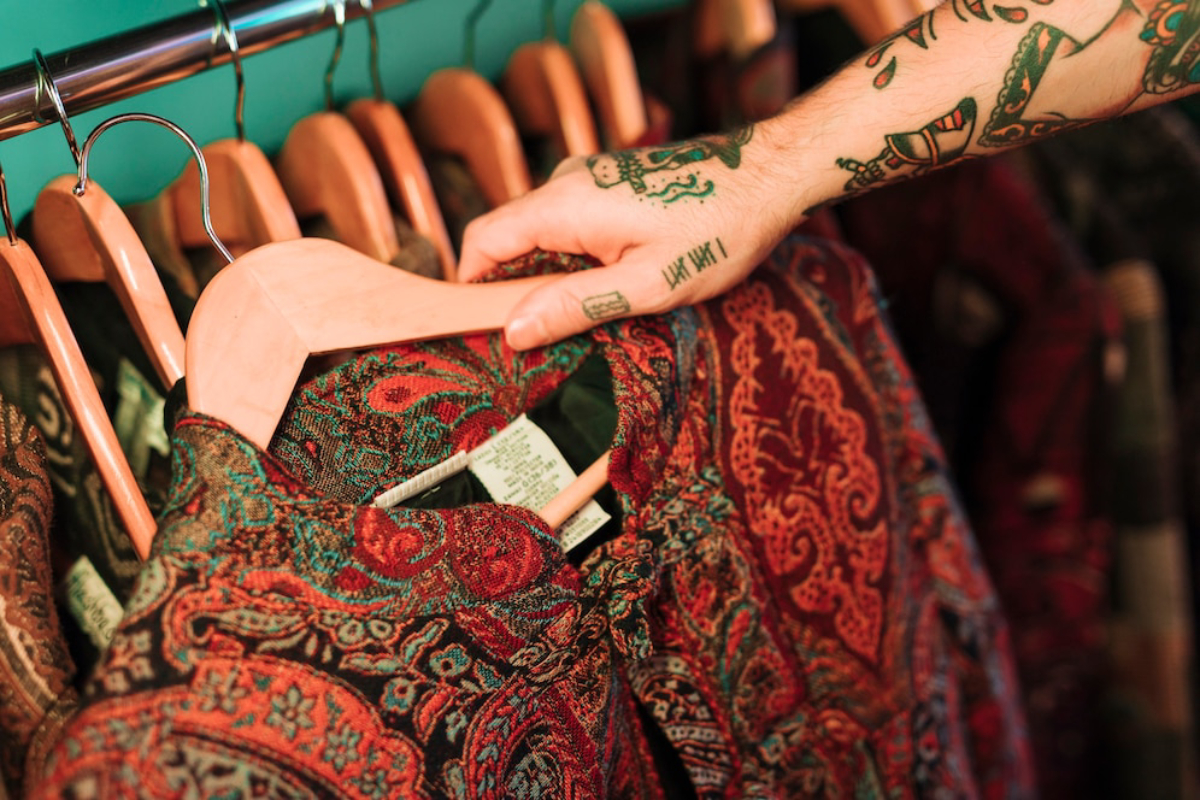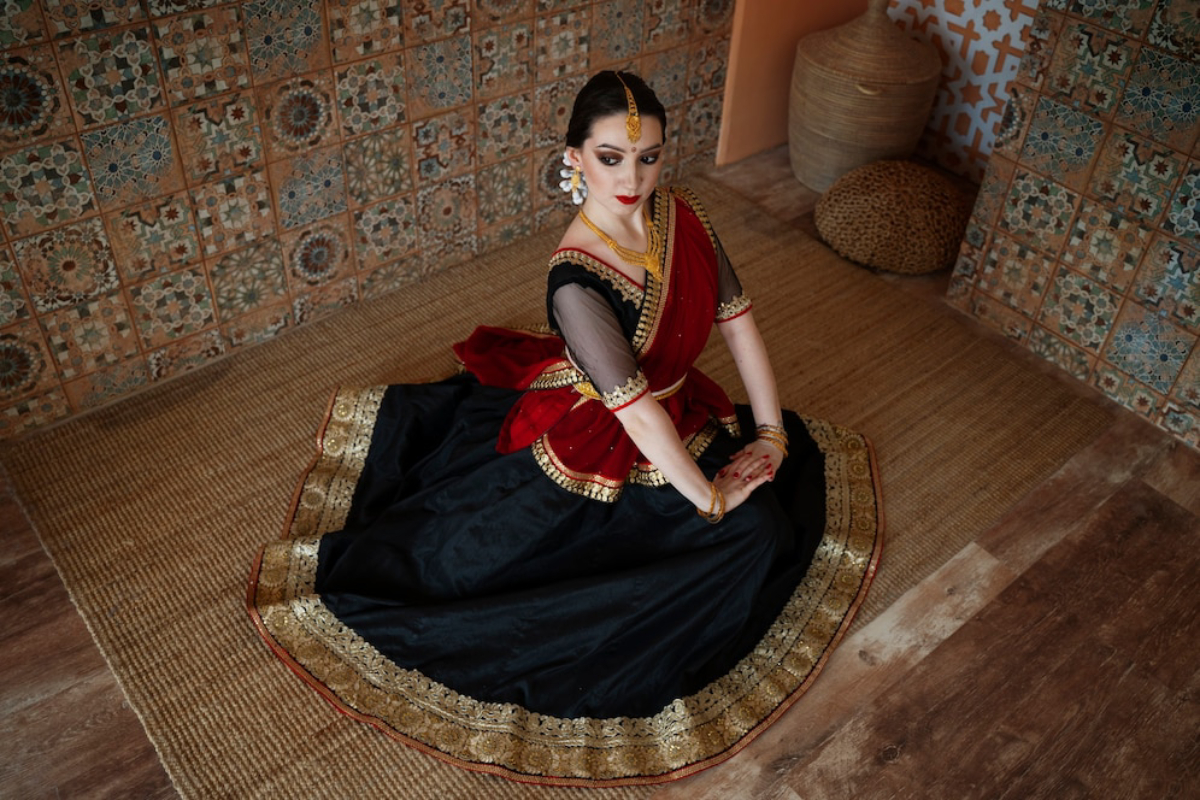
Must-Have Ethnic Pieces for Every Wardrobe
In a world that is increasingly becoming a melting pot of cultures, fashion stands as a vibrant testament to the diversity and richness of global heritage. Ethnic pieces are not just garments; they are stories woven into fabric, each thread carrying the essence of a culture, a tradition, and a history. From the intricate drapes of a saree to the elegant folds of a kimono, ethnic wear offers a unique blend of artistry and identity.
This blog delves into the must-have ethnic pieces that can elevate any wardrobe, providing a gateway to explore the world through fashion. Whether you’re a fashion enthusiast or someone looking to add a touch of cultural elegance to your attire, these pieces are timeless treasures that celebrate diversity and individuality.
Why It Matters

The Importance of Ethnic Fashion
The significance of incorporating ethnic pieces into your wardrobe extends beyond aesthetics.
- Cultural Appreciation: Wearing ethnic attire allows you to embrace diversity and celebrate cultural heritage.
- Timeless Appeal: Ethnic garments often feature classic silhouettes and patterns that transcend fleeting trends.
- Artisan Craftsmanship: Many ethnic pieces are handcrafted by skilled artisans, making them unique and valuable.
Real-Life Applications
Ethnic wear is incredibly versatile and can be styled in numerous ways.
- Formal Occasions: Sarees, kimonos, and embroidered jackets add elegance and sophistication.
- Casual Outings: Kimono jackets or ethnic tunics paired with jeans create a chic, everyday look.
- Cultural Celebrations: Festivals and weddings offer the perfect opportunity to showcase ethnic garments in their traditional form.
Actionable Insights
1. Saree Styling
The saree is a quintessential ethnic piece that has stood the test of time, evolving with each passing era. Its versatility and elegance make it a must-have in every wardrobe.
Traditional Drapes
- The traditional drape involves wrapping the saree around the waist and draping the pallu over the shoulder.
- Perfect for formal occasions, weddings, and cultural events.
Contemporary Twists
- The dhoti drape gives the saree a modern twist by pleating it like a dhoti, offering a chic look.
- Pair it with a crop top or a statement blouse for a contemporary edge.
Accessorising
- Traditional jewellery like jhumkas or chokers complements the classic saree look.
- For a modern flair, add a statement belt to define the waist.
2. Kimono Fashion
The kimono, a symbol of Japanese culture, is known for its graceful silhouette and intricate designs.
Traditional Kimono
- Features vibrant patterns and elaborate details, worn for formal events and ceremonies.
- Pair it with traditional footwear like zori or geta.
Modern Kimono Jackets
- Kimono jackets are versatile, shorter versions of the traditional garment.
- Perfect for layering over casual or formal outfits.
Styling Tips
- For bold kimono patterns, keep the base outfit neutral.
- Pair simple kimonos with textured or patterned clothing for contrast.
3. Cultural Fusion Outfits
Fusion outfits blend elements from different cultures, creating unique and personalised looks.
Mixing Patterns and Textures
- Combine an Indian kurta with a Japanese obi belt for a stylish fusion look.
- The key is to find a balance between contrasting elements.
Layering Techniques
- Layering ethnic pieces creates depth and dimension.
- Style a kimono over a saree blouse and skirt or an African dashiki with a Western jacket.
Accessorising Fusion Outfits
- Add Moroccan-inspired earrings or an African bead necklace to enhance the ensemble.
- Choose ethnic handbags or scarves to complete the look.
Additional Expert Tips & Common Mistakes to Avoid
Expert Tips for Styling Ethnic Wear
- Research Cultural Significance: Learn about the history and meaning of each ethnic piece to wear it with authenticity and respect.
- Invest in Quality: Choose high-quality, handcrafted pieces that reflect traditional craftsmanship.
- Versatility is Key: Select ethnic pieces that can be styled in multiple ways to maximise their wearability.
Common Mistakes to Avoid
- Cultural Appropriation: Avoid wearing ethnic attire in ways that disrespect or misrepresent its cultural significance.
- Over-Accessorising: Keep accessories minimal to enhance, not overshadow, the ethnic garment.
- Poor Fit or Comfort: Ensure that ethnic pieces are well-fitted and comfortable to avoid looking unkempt.
Global Must-Have Ethnic Pieces and How to Style Them
1. Indian Saree (India)
- Significance: A symbol of grace and elegance, often worn for celebrations and weddings.
- Styling Tips:
- Formal: Pair with traditional jewellery and a bindi.
- Casual: Style the saree blouse with denim jeans for a chic fusion look.
2. Japanese Kimono (Japan)
- Significance: A traditional garment symbolising Japanese culture and heritage.
- Styling Tips:
- Formal: Wear with obi belt and geta sandals.
- Casual: Pair a kimono jacket with a slip dress or jeans.
3. Moroccan Kaftan (Morocco)
- Significance: A flowing robe traditionally worn for celebrations.
- Styling Tips:
- Formal: Pair with metallic heels and ornate jewellery.
- Casual: Style with ankle boots and a statement belt.
4. African Dashiki (West Africa)
- Significance: Known for its vibrant prints, symbolising African heritage.
- Styling Tips:
- Formal: Pair a full-length dashiki gown with elegant heels.
- Casual: Style a dashiki shirt with ripped jeans and sneakers.
5. Mexican Huipil (Mexico)
- Significance: A traditional tunic representing Mexican heritage.
- Styling Tips:
- Formal: Wear with a long skirt and leather sandals.
- Casual: Pair a huipil top with denim shorts or a leather jacket.
Advanced Insights

Unique Industry Perspectives
- Cultural Fusion in High Fashion: Designers like Manish Arora and Stella Jean are known for blending ethnic influences with contemporary designs.
- Sustainable Ethnic Fashion: Many artisans use eco-friendly techniques, making ethnic fashion a sustainable choice.
Lesser-Known Insights
- Heritage Craft Revival: There is a rising movement to revive traditional crafts, supporting local artisans and preserving heritage techniques.
- Ethical Sourcing: When purchasing ethnic pieces, choose brands that support fair trade and ethical production.
Must-Have Ethnic Pieces: Timeless Treasures for Every Wardrobe
Adding ethnic pieces to your wardrobe celebrates cultural diversity. It also shows the skill of traditional craftsmanship. These garments combine elegance, versatility, and individuality. They let you show your style while respecting the rich heritage they represent.
As you explore the world of ethnic fashion, remember to approach it with an open mind and a respectful heart. Embrace the stories in each piece. Let them inspire you to create looks that are as diverse and unique as the cultures they represent. Add these essential ethnic pieces to your wardrobe. Start a fashion journey that crosses borders and celebrates global beauty.


